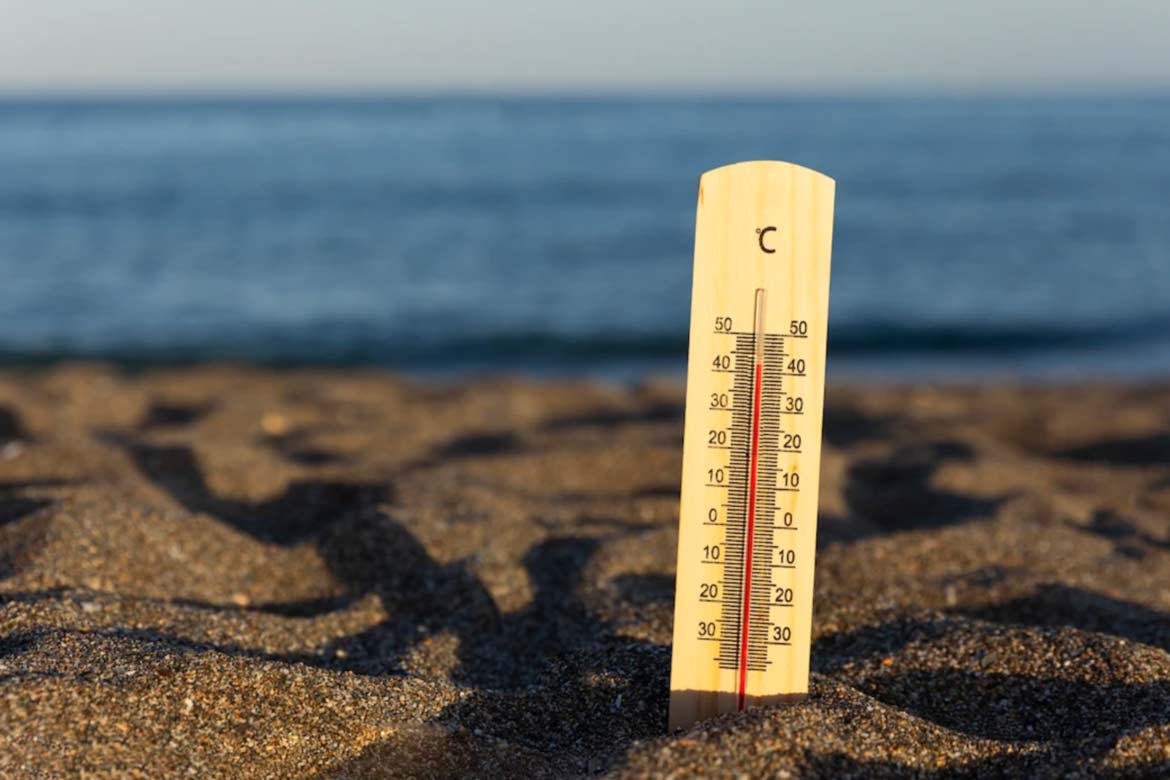Currently, Europe and seven other nations across the world are coping with extreme heat. In British history, this is the first occasion the temperature has surpassed 40 degrees. The most recent high temperature before to this was 39.1 degrees in 2019.
The heat is still causing havoc, according to the report, in France, Italy, Portugal, Spain, and Greece. The warmth is dramatically increasing the number of forest fire events. As a result, the temperature is increasing. In just one week, more than 1700 individuals have passed away in Spain and Portugal. The heat in Britain caused the road’s asphalt to melt. Schools are not in session.
Why such events are happening?

Read more: Shinzo Abe shot dead during the campaign; 8 other heads of state who were assassinated in the past
According to scientists, this year’s ongoing high heat is in line with a trend. They assert that heat waves in Europe are becoming more frequent and intense faster than in practically any other region of the world, including the Western United States.
Because temperatures now are generally around 1.1 degrees Celsius higher than they were in the late 19th century, when emissions of carbon dioxide and other heat-trapping gases became common, global warming plays a part in heat waves around the world. Therefore, intense heat begins at a higher altitude.
However, there are additional causes that could turn Europe into a hot zone for heat waves, some of which involve the circulation of the atmosphere and water.
Besides, a band of upper level low-pressure air that has been stuck off the coast of Portugal for days contributed to the sweltering temperatures that stretched into England and Wales on Monday. In the jargon of atmospheric scientists, it is referred to as a “cutoff low” because it was isolated from the mid-latitude jet stream, a river of westerly winds that encircle the planet at great altitudes.
Consequences:
Because a period of intense heat dries out the soil, like in other parts of the world, a heat wave in Europe can increase the likelihood of others happening in the same location.
When the soil is moist, some of the sun’s energy is used to cause the water to evaporate, which has a very tiny cooling impact. However, if one heat wave completely evaporates the soil moisture, there won’t be much left for the subsequent hot air wave to evaporate. So, as more sun energy bakes the surface, the temperature rises.
